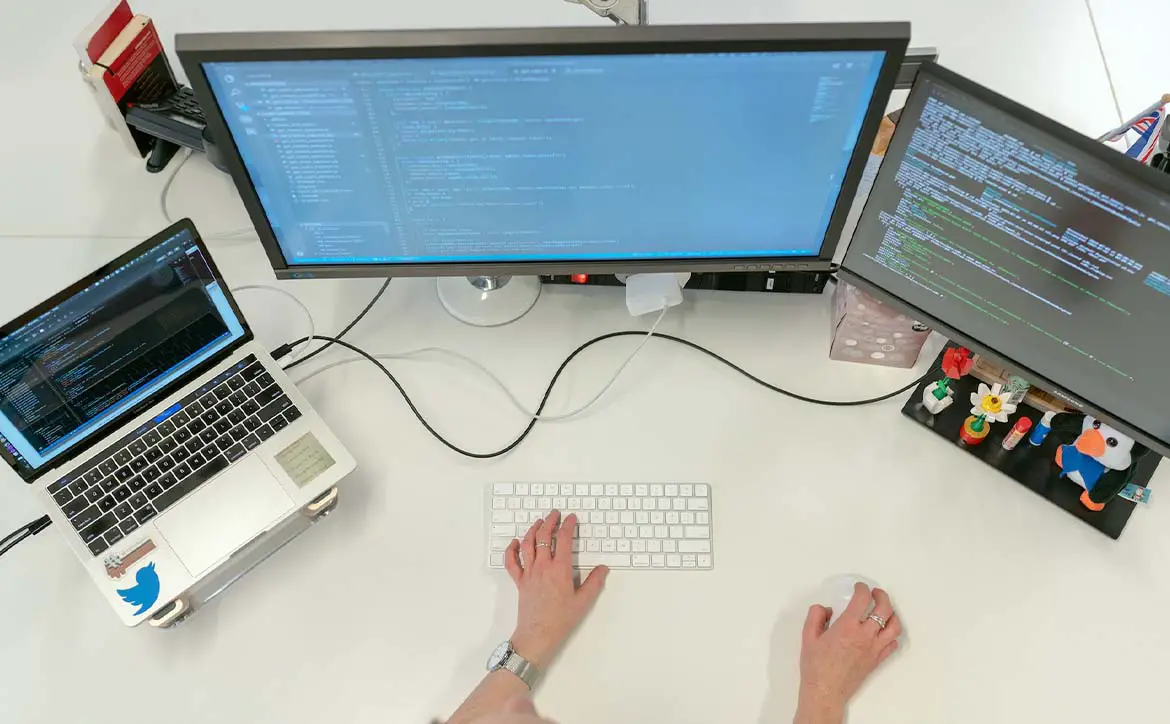Programming is an incredibly useful skill that can help you better understand technology, build your resume and become a more valuable investment. However, it can be intimidating to start learning and building this skill. Here are six tips new programmers can use.
1. Determine Your Programming Needs and Goals
You may want to begin learning to program for a variety of reasons. Some people may wish to do so for personal fulfillment while others may be doing so for career advancement or changes. Knowing why you want to learn to program is an essential first step in your learning journey. If you want to begin programming for your own enjoyment or to learn something new, you might be able to build your own learning plan. However, if you’re learning for career development purposes, you may have more specific learning needs, such as learning how to program PEO solution tools.
2. Figure out Your Programming Niche
When you begin to learn to program, you’re likely to find that certain aspects of it come more easily to you than others. As you build your programming knowledge and skills, think about what aspects of it you enjoy the most or what types of software you find the most interesting to work with. For example, you may find you prefer programming customer data platform software than enterprise relationship management tools. Look for ways to build your skill even more in areas you enjoy or find you’re good at.
3. Focus on the Basics
Remember to focus on learning the basics and building your knowledge of the fundamentals whenever you begin learning a new skill. This is particularly important for as advanced a skill as programming. Make sure you learn or remind yourself of skills that form the foundation of programming, such as algebra. Make sure you also begin with simpler coding languages and the building blocks of programming, such as data types, functions, object-oriented programming, loops and conditionals. If you start with the fundamentals, then you’re more likely to succeed when you move on to more specialized or advanced coding and programming.

4. Learn Associated Transferrable Skills
Learning programming means you need to learn more than just how to write and understand coding languages. You also need to develop important transferrable skills that support programming. Transferrable skills that are important to programming include researching, problem-solving, communication and networking.You need to be able to research in order to learn about advancements in coding or answer your questions. Problem-solving skills are important for reviewing, editing and debugging your code. Communication and networking skills allow you to learn from peers, find mentors and work together with your coworkers to solve problems and improve your code.
5. Practice Daily
Successfully learning any new skill requires regular practice. Because coding and programming can be quite complicated, it’s a good idea to practice daily. Write at least small amounts of code every day, even after you understand the fundamentals. This will allow you to retain your skills over time and continue learning as technology, programming languages, and methods change and improve. Like established programmers do, make sure you practice related skills regularly too, including editing, debugging and doing programming research.
6. Find Open Source Code To Work With
Open source software is the ideal option to practice your programming skills in a real-world environment. Open source refers to code that is available for anyone who wants to review or work on it. By using and contributing to open source software, you can learn about coding in the real world and develop your skills on tools that real people use. You should also be able to network with peers and potential mentors more easily.
There are many avenues you can take if you want to begin learning to program. New programmers should focus on building their foundations with the basics before pursuing more advanced or unique programming skill sets. Take things slowly and remember to go at your own pace.
What do you think about these six tips programmers can use? Do you have any to add of your own? Let us know on social media by using the buttons below.
Last Updated on August 22, 2022.










